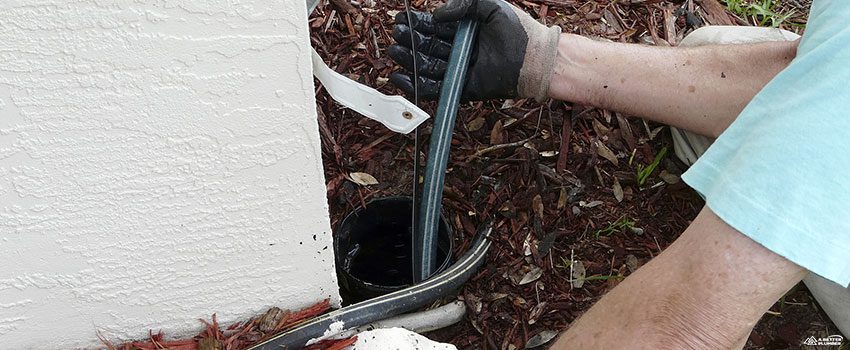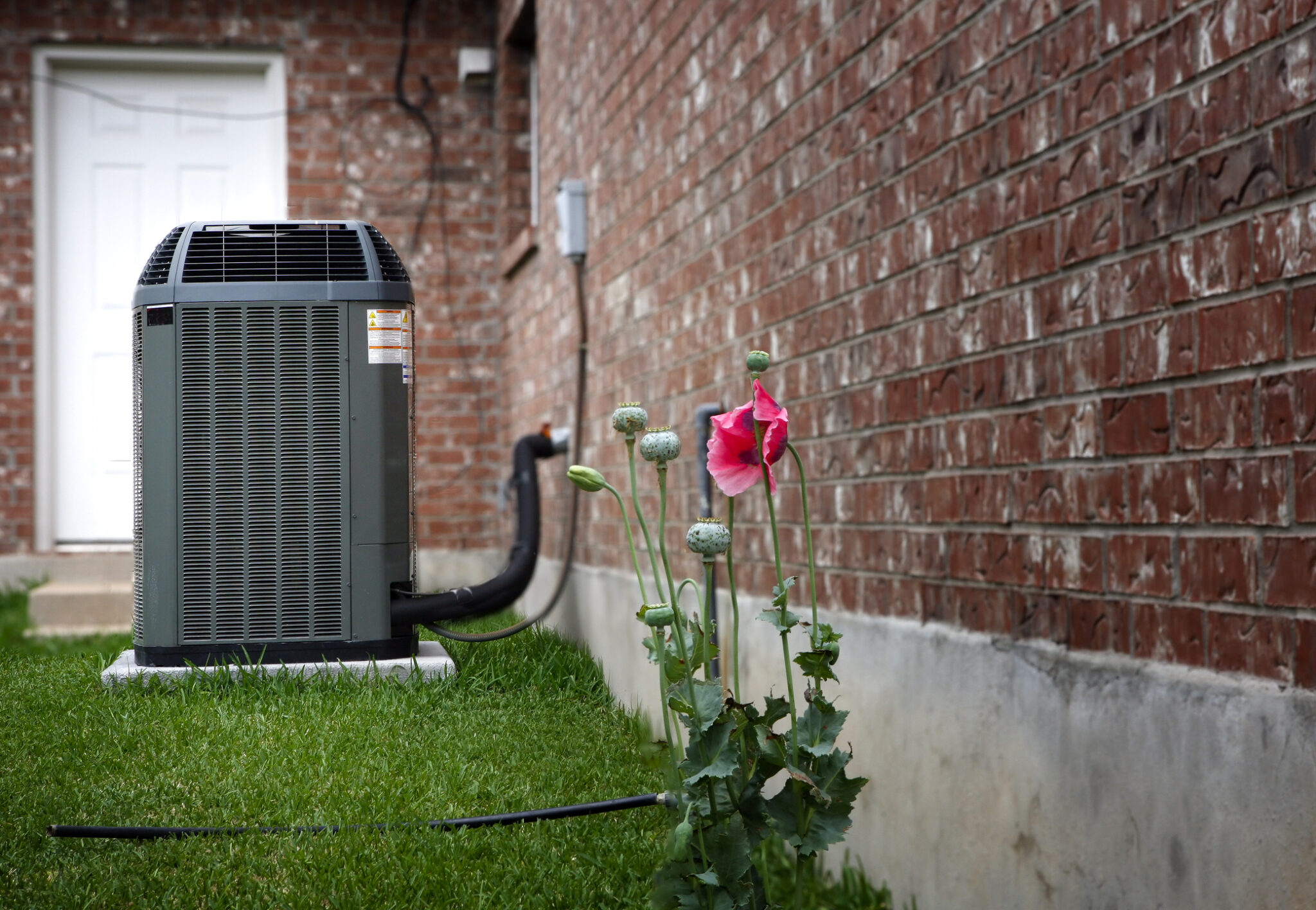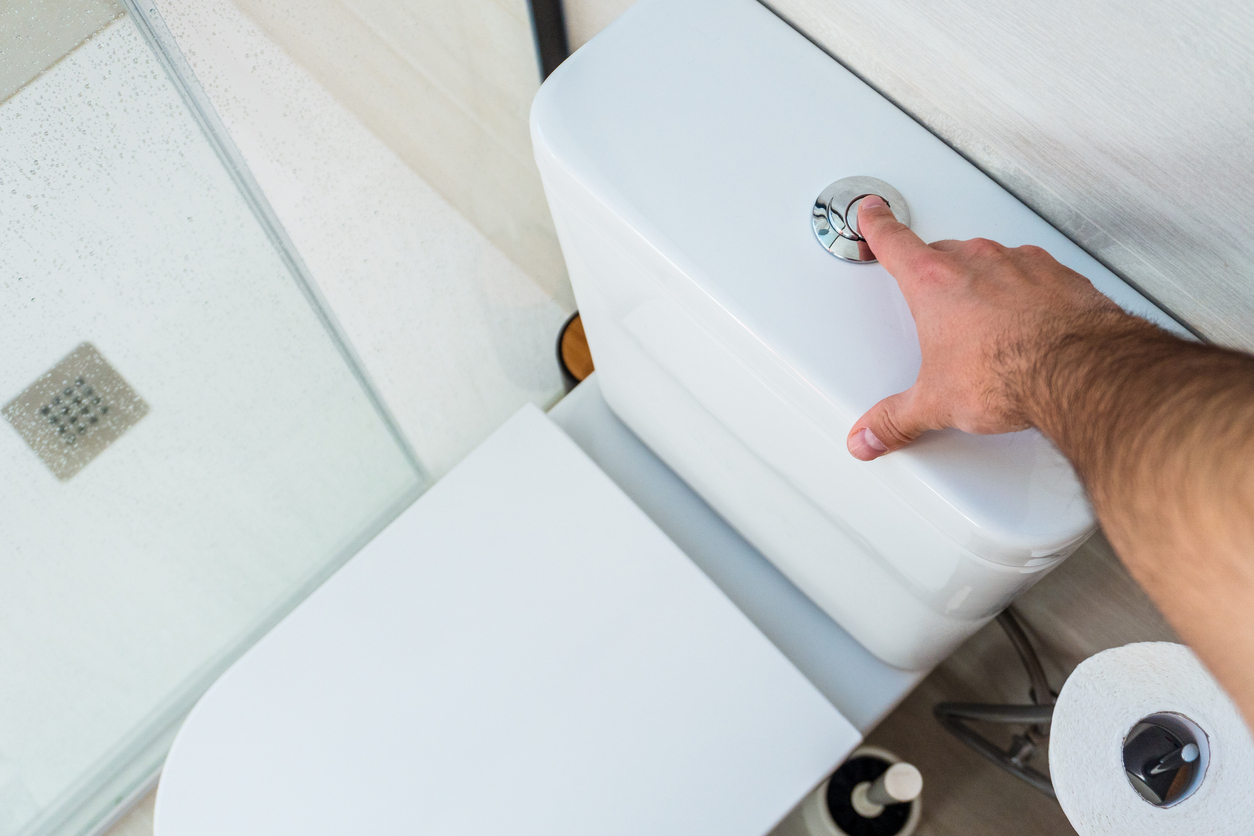How To Stop Sewer Rats From Getting Into the Sewer System

The presence of rats in your sewer could be an indication of a bigger problem. Although it is easier to believe that the rat problem is limited in the metro areas, this is not true. Rats can live anywhere, even in drain systems that are not within the city limits. This means they can be found in a residential sewer’s piping system, from where they can eventually gain access to your home.
Drain pipes provide rats with all they need to survive, including warmth, protection, food leftovers, and unsanitary materials. Even if the pipe opening is small, it’s enough for sewer rats to be able to get in. Thus, if your pipes are filled with cracks, expect rats to be nearby, especially since many rat infestations are due to faulty piping systems.
Signs That You Have Rats In Your Sewer
Rats are excellent swimmers as their long tails and legs can be used as paddles. These can also act like rudders to steer them in the right direction. Some rat species are also known for walking on water for up to three days and for holding their breath for as long as three minutes.
Rats – like all animals – don’t like being hungry so they go out looking for food. If there are no other food options, they will settle for fecal matter which is abundant in the sewers.
In any case, the sewer system often provides rats with easy access to your drain pipes and consequently to the food inside your home. Here are some telltale signs that rats are having a party in your sewer:
1. Rat Droppings
Drain rats don’t really have a specific area where they do their business. When they feel the need to go, they just do – and this is one of the signs to look for when you think that you’ve been infested with rats, courtesy of your sewer.
Rat droppings are commonly black in color and pellet-shaped. Check for them in areas where many sewer rats usually hide: the cupboard under the sink, counters, and drawers in the comfort room.
2. Gnawed Holes
If your wallpaper or your wall paddings have gnawed holes, it is a definitive sign that something is chewing on them. Rats are scavengers and will eat almost anything that their teeth can gnaw, including paper, soft and thin wood, and even fabric.
3. Night Scratches
When rats are inside the house, you can – and you will – hear scratches and small steps inside the walls, especially during the night. It will begin as fleeting noises, but when the rats are able to nest and reproduce, you’ll get to hear more ‘footsteps’ and squeaks.
Can You Prevent Rats from Entering Your Toilet?
Unfortunately, professional cleaners will attest that there is not much they could do about invasive drain rats. No matter how clean your surroundings are, especially your house, there will always be instances of rats coming in through your sewer.
Still, plumbers reiterate that constant inspection of your plumbing system will prevent rats from making nests in the sewer system. A community effort is also needed to keep the surroundings clean – this will prevent rats from reproducing rapidly.
How To Get Rid of Rats In Your Sewage System
Now, what is there to do in case of a rat infestation? If you suspect that the rat situation in your sewer is getting out of hand, observe the following methods on how to stop rats from climbing drain pipes:
1. Conduct an investigation.
Understanding the source of rat presence is the first step in removing these pests from your drains. Start by looking for cracks, bent, or misshapen pipes, gaps in brickwork, and scraping and scuttling inside sewers and walls.
2. Block access points.
Once you’ve identified the problem, it’s important that you work on fixing it. You will need to repair any broken drains and patch up small holes in the pipes. Consult with your local plumbers on how to stop rats from climbing drain pipes and he will likely recommend placing a blocker within the sewage system to capture the mature rats that frequent the area.
If they are unable to climb into your house, rats may tunnel their way in. A good rat blocker in this case would be a patio or a row of stones laid flush against your wall. This should limit their access and often, rats will give up if they realize that they have to go farther than necessary for their tunneling efforts to succeed.
Another rat blocker option is to dig a shallow trench along the slab’s side and then hammer lengths of rebar into it. You can place the rebar about an inch apart, then cover it with dirt or concrete.
It is also recommended that you keep a large, well-mowed area around your house. Rats don’t like to be left alone in large and open spaces.
3. Set up drain blockers.
Rats prefer to live in places where there is food, water, shelter, and security. Remove these sources and your rodent friends will have no choice but to move out and move on.
Given the above, it’s clear that you need to be careful about what you put down your plugholes and to maintain the area around your drains regularly. Installing a rat blocker for drains is another preventive measure you can consider to keep rats from climbing further and eventually entering your house.
4. Trim the branches.
From down below, rats can also climb high and find ways to get in. Keep them away from your roof by trimming branches four feet back from the utility wires. Also, take out vines like ivy that have grown attached to your walls.
Meanwhile, a piece of metal or heavy plastic can serve as a rat blocker for drains and pipes installed near trees that rats may attempt to climb so they can gain entry to your home. Tree guards are metal or plastic cones that are attached to tree trunks and are quite helpful in keeping rats at bay.
5. Set up drain rat traps.
It is strongly recommended that you hire a professional when thinking of trapping and controlling rats in drains. This can involve the use of toxic materials that can cause harm to other animals, especially pets.
This method presents both lethal and non-lethal ways of catching rats in the drain pipe. With the latter, you will have to dispose of personally or relocate rats captured in live-catch traps.
On the other hand, there are two options for the lethal method: traps or baits. While traps can yield immediate results, baits require time to get the job done. Often, the suspect rat will have to eat several doses of the bait before the poison can take effect. There is also no way to predict where the eventually dead rat will end up.
6. Check for dead rat remains.
Check your traps regularly once they are in good working order. This is because you don’t want any decomposing rats to remain in your sewer for too long. While waiting for your rats to be caught, professional pest control service experts will drop by your home within one week to reset, replenish, and eliminate any non-working rodent traps.
7. Keep up with home maintenance.
As much as treatment is required to control rat infestations, prevention is just as important. Stop rats from getting into your home by sealing up cracks in the flooring and on the walls. Remember that rats can squeeze their bodies through almost any open space.
A hole that is at least one-quarter inch or more in size is sufficient invitation for any rat to chew on using its sharp teeth. Patch this up and it will appear less appealing to rodents.
8. Consult a professional plumbing and pest control service team for your rat problem.
Although you might think that it’s a matter of out of sight and out of mind thing, it’s not, because rats will always try to figure out how to get inside your home through the outside pipes. Pest control companies and professional plumbers can offer an effective solution to this. Using the most advanced methods, they can detect the presence of rats in your home and work on a guaranteed plan that will effectively eliminate and manage your problem with minimal disruption.
Prevent Sewer Rats From Getting Into Your Sewage System
Are you looking for a professional plumber who can offer great advice about maintaining your plumbing system so house pests like rats will stay away?
Choose Absolute Electrical Heating and Air. With ten years of rich experience in the plumbing business, we can help you with excavation, drain cleaning, or any other plumbing issue. Our team of professional plumbers are knowledgeable and skilled in all aspects of plumbing technology. For a cost-effective and efficient plumbing service, call our plumber in Denver.
CONTACT US
Request Service


Save Every Year with an Absolute Advantage Membership
Expert Annual System Safety Inspections & More
- Priority service
- Waived dispatch fees
- Yearly furnace, A/C, & electrical system inspections
- 10% discount on repairs and additional diagnostic services
- Up to $500 off HVAC & electrical panel replacements







